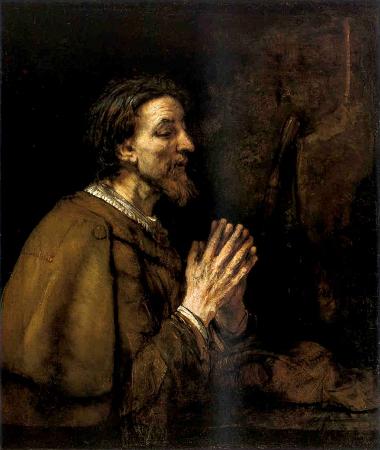Paradiso. Paradiso is the third and final part of Dante's Divine Comedy, following the Inferno and the Purgatorio. It is an allegory telling of Dante's journey through Heaven, guided by Beatrice, who symbolises theology. In the poem, Paradise is depicted as a series of concentric spheres surrounding the Earth, consisting of the Moon, Mercury, Venus, the Sun, Mars, Jupiter, Saturn, the Fixed Stars, the Primum Mobile and finally, the Empyrean. It was written in the early 14th century. Allegorically, the poem represents the soul's ascent to God. The Paradiso begins at the top of Mount Purgatory, called the Earthly Paradise, at noon on Wednesday, March 30, 1300, following Easter Sunday. Dante's journey through Paradise takes approximately twenty-four hours, which indicates that the entire journey of the Divine Comedy has taken one week, Thursday evening to Thursday evening. After ascending through the sphere of fire believed to exist in the earth's upper atmosphere, Beatrice guides Dante through the nine celestial spheres of Heaven, to the Empyrean, which is the abode of God. The nine spheres are concentric, as in the standard medieval geocentric model of cosmology, which was derived from Ptolemy. The Empyrean is non-material. As with his Purgatory, the structure of Dante's Heaven is therefore of the form 9+1=10, with one of the ten regions different in nature from the other nine. During the course of his journey, Dante meets and converses with several blessed souls. He is careful to say that these all actually live in bliss with God in the Empyrean: But all those souls grace the Empyrean; and each of them has gentle life though some sense the Eternal Spirit more, some less. However, for Dante's benefit, he is as a sign shown various souls in planetary and stellar spheres that have some appropriate connotation. While the structures of the Inferno and Purgatorio were based around different classifications of sin, the structure of the Paradiso is based on the four cardinal virtues and the three theological virtues. Dante's nine spheres of Heaven are the Moon, Mercury, Venus, the Sun, Mars, Jupiter, Saturn, the Fixed Stars, and the Primum Mobile. These are associated by Dante with the nine levels of the angelic hierarchy. Dante also relies on traditional associations, such as the one between Venus and romantic love. The first three spheres are associated with deficient forms of Fortitude, Justice, and Temperance. The next four are associated with positive examples of Prudence, Fortitude, Justice, and Temperance; while Faith, Hope, and Love appear together in the eighth sphere. When visiting the Moon, Beatrice explains to Dante the reasons for the markings on its surface, describing a simple scientific experiment in optics. She also praises the experimental method in general: Yet an experiment, were you to try it, could free you from your cavil, and the source of your arts' course springs from experiment. The waxing and waning of the moon is associated with inconstancy. Consequently, the sphere of the Moon is that of souls who abandoned their vows, and so were deficient in the virtue of fortitude. Here Dante and Beatrice meet Piccarda, sister of Dante's friend Forese Donati, who died shortly after being forcibly removed from her convent. They also meet Constance of Sicily, who was forcibly removed from a convent to marry Henry VI. Beatrice discourses on the freedom of the will, the sacredness of vows, and the importance of not collaborating with force: for will, if it resists, is never spent, but acts as nature acts when fire ascends, though force a thousand times tries to compel. So that, when will has yielded much or little, it has abetted force as these souls did: they could have fled back to their holy shelter. Beatrice explains that a vow is a pact drawn between a man / and God, in which a person freely offers up his free will as a gift to God. Vows should therefore not be taken lightly, and should be kept once given-unless keeping the vow would be a greater evil, as with Jephthah's and Agamemnon's sacrifice of their daughters. Because of its proximity to the sun, the planet Mercury is often difficult to see. Allegorically, the planet represents those who did good out of a desire for fame, but who, being ambitious, were deficient in the virtue of justice. Their earthly glory pales into insignificance beside the glory of God, just as Mercury pales into insignificance beside the sun.
more...




